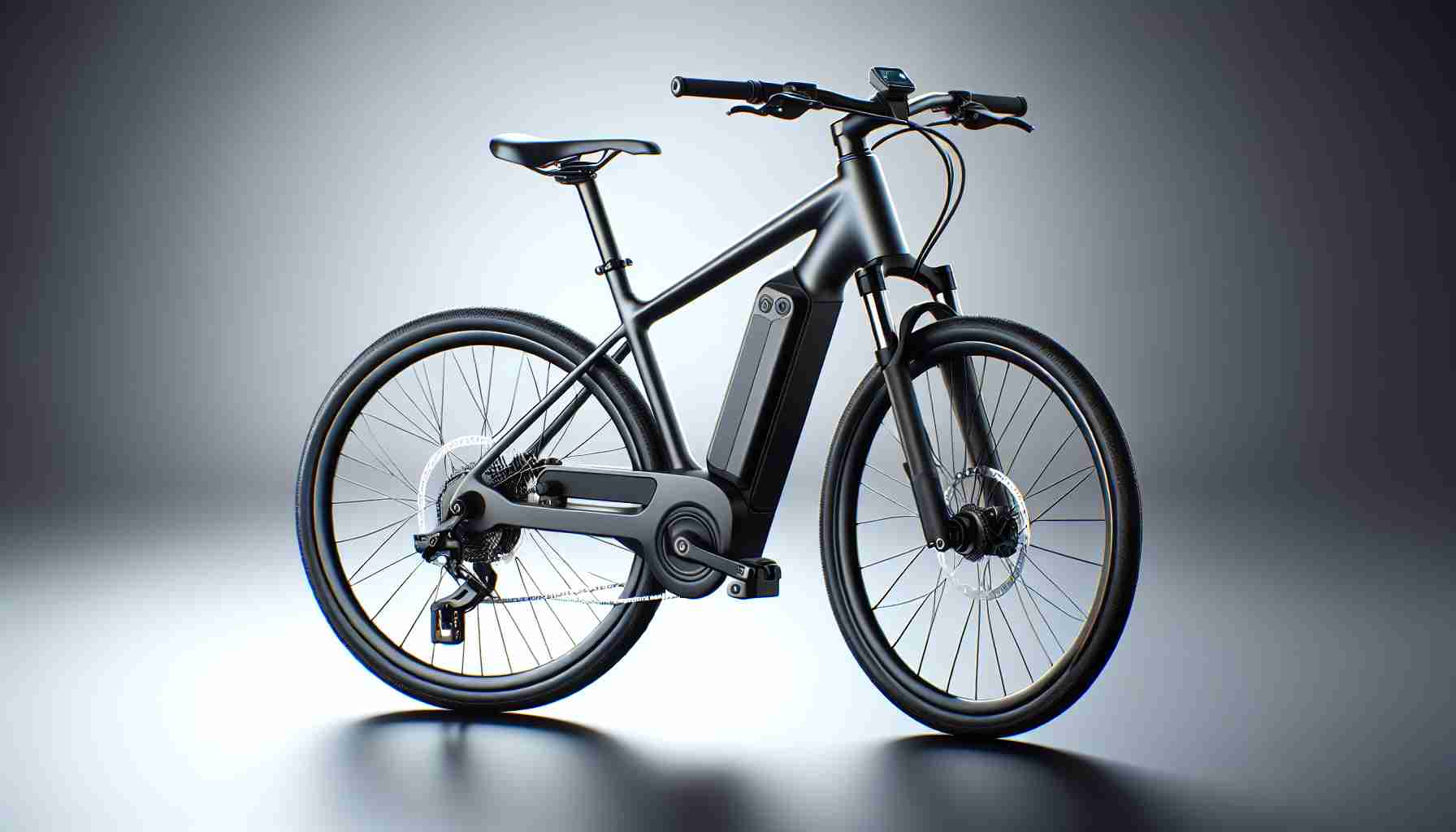With the growing awareness of environmental issues and the need for sustainable transportation, the demand for electric mobility solutions is on the rise. Among these solutions, e-bikes have emerged as a popular and efficient mode of transportation. While their environmental impact is widely recognized, e-bikes offer a multitude of other benefits that make them a practical and attractive choice for commuters and enthusiasts alike.
E-bikes are experiencing a steady surge in popularity, and market projections indicate a significant growth trajectory in the upcoming years. The global e-bike market is expected to more than double between 2022 and 2030, with sales skyrocketing from 36 million units to over 77 million units. This exponential growth reflects not only the environmental advantages of e-bikes in terms of reducing carbon emissions but also highlights the multifaceted benefits they provide.
A study conducted by the University of British Columbia examined the impact of e-bike incentives on transportation behavior and explored their effectiveness and sustainability. The research revealed that individuals who participated in an e-bike incentive program continued to use their e-bikes as a substitute for car travel even after a year of purchase. This shift resulted in reduced car trips, particularly among low-income households, leading to a decrease in emissions.
Moreover, the study found that e-bike incentives were more cost-effective than electric car incentives in terms of reducing greenhouse gas emissions. This cost-effectiveness is especially significant considering the additional advantages associated with e-bike usage, including increased physical activity, reduced air pollutants, and lower travel costs.
In addition to the positive environmental impact, e-bikes also offer notable health benefits. A comparative study investigating the cardiometabolic responses and perceived exertion of regular bikes and e-bikes found that riding an e-bike required less metabolic and cardiovascular effort. Participants reported the experience as easier and more enjoyable, aligning with the recommended levels of physical activity set by health organizations.
Another study focusing on physical activity levels compared e-bike users, conventional bicycle users, and non-cyclists. The research concluded that e-bike users demonstrated similar levels of physical activity to conventional cyclists but traveled significantly longer distances. Individuals who transitioned from private motorized vehicles to e-bikes experienced a reduction in sedentary behavior, suggesting that e-bike usage promotes higher physical activity levels.
With the evident benefits offered by e-bikes, several companies have recognized the potential of this market. Trek Bicycle Corporation, a prominent player in the industry, offers a range of efficient and innovative e-bike options that cater to various needs and preferences.
While the popularity of e-bikes continues to grow, it is essential to consider the broader electric mobility industry of which e-bikes are a part. This industry encompasses electric cars, scooters, and other forms of electric transportation. According to a report by Grand View Research, the global electric mobility market is expected to reach USD 500.2 billion by 2027, showcasing a remarkable CAGR of 29.6% from 2020 to 2027. This growth can be attributed to the rising demand for eco-friendly transportation options and government initiatives to promote electric vehicles.
In terms of e-bike market forecasts, the outlook is promising. The global e-bike market was valued at USD 23.89 billion in 2020 and is projected to expand at a CAGR of 9.7% from 2021 to 2028, with an estimated value of USD 48.46 billion by 2028. Factors such as growing environmental concerns, advancements in battery technology, and the increasing popularity of bike-sharing programs are fueling the market growth.
However, despite the positive trajectory, the e-bike industry faces certain challenges that need to be addressed. One major challenge is the lack of standardized regulations and infrastructure. Many countries lack clear guidelines on the usage and classification of e-bikes, resulting in confusion and inconsistency in their legal status. Additionally, the absence of dedicated charging stations and safe cycling infrastructure hinders the widespread adoption of e-bikes.
Affordability is another concern as e-bikes are perceived as expensive by some consumers. The high cost of batteries and electric components contributes to their overall price. Manufacturers and governments need to collaborate to make e-bikes more accessible by introducing subsidies and incentives.
Furthermore, the issue of battery longevity and recycling should not be overlooked. Proper disposal and recycling of lithium-ion batteries are crucial to prevent environmental damage as e-bike usage increases. Implementing effective battery recycling programs and promoting sustainable manufacturing practices can help address these concerns.
For more detailed information and the latest updates on the e-bike industry, reputable sources such as E-Bike Tips and Electric Bike provide comprehensive resources including market analysis, reviews of different e-bike models, and valuable insights to help consumers make informed decisions.
FAQ:
Q: What are the main benefits of e-bikes?
A: E-bikes offer benefits such as reduced carbon emissions, increased physical activity, decreased air pollutants, and lower travel costs.
Q: What studies have been conducted to explore the advantages of e-bikes?
A: Studies have been conducted to examine the impact of e-bike incentives on transportation behavior, the health benefits of e-bike usage, and the comparison of physical activity levels among e-bike users, conventional bicycle users, and non-cyclists.
Q: How is the e-bike industry expected to grow in the future?
A: The global e-bike market is projected to expand significantly in the coming years, driven by factors such as rising environmental concerns, advancements in battery technology, and the growing popularity of bike-sharing programs.
Q: What are the challenges faced by the e-bike industry?
A: The e-bike industry faces challenges such as the lack of standardized regulations and infrastructure, the perception of e-bikes as expensive, and concerns about battery longevity and recycling.
Q: Where can I find reliable information about e-bikes?
A: Reputable sources such as E-Bike Tips and Electric Bike provide comprehensive information, market analysis, and reviews of different e-bike models to help consumers stay informed.























